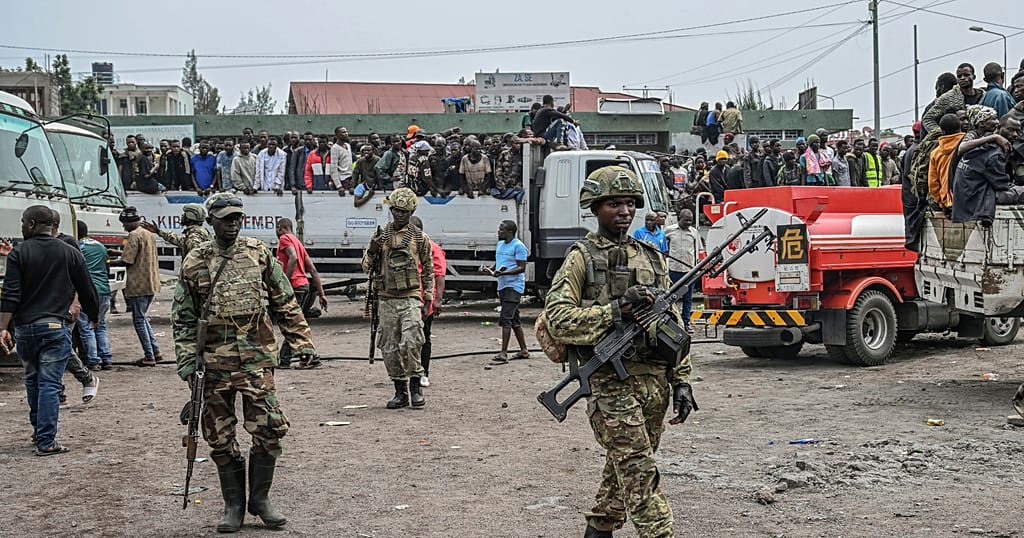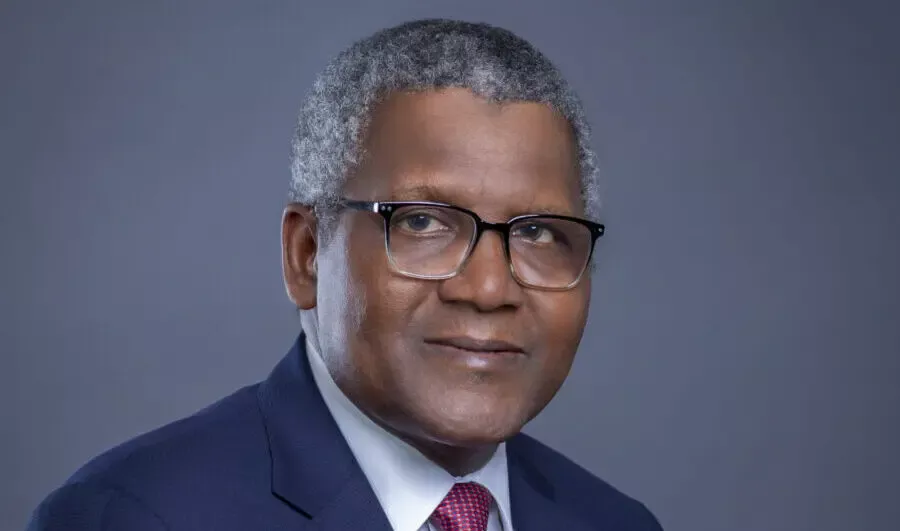A group of 59 white South Africans, including young children, arrived in the United States on Monday, seeking refuge from what President Donald Trump has described as “genocide” in their home country. The US government has offered them a safe haven, with Deputy Secretary of State Christopher Landau welcoming them at an airport hangar outside Washington, D.C. “We respect what you have had to deal with these last few years,” Landau said, acknowledging the challenges they faced in South Africa.
The new arrivals are part of a larger group of Afrikaners, descendants of Dutch colonists who make up about 7% of South Africa’s population. The US had previously granted asylum to 54 Afrikaners, and Trump has reaffirmed his commitment to fast-track naturalization for white South Africans. “Because they’re being killed, and we don’t want to see people be killed,” Trump explained, referring to the situation in South Africa as a “genocide” that the media has allegedly ignored.
However, the South African government has firmly denied Trump’s claims, with President Cyril Ramaphosa describing them as “completely false.” Foreign Minister Ronald Lamola added that there is no data to support the notion that white South Africans, particularly farmers, are being persecuted. The controversy surrounding land ownership in South Africa has been a major point of contention, with the government recently passing a law allowing for the expropriation of land without compensation. This move aims to address apartheid-era disparities in land ownership, according to Presidential spokesman Vincent Magwenya.
The situation has sparked a heated debate, with Trump’s ally, billionaire Elon Musk, born in Pretoria, echoing the President’s concerns about the treatment of white farmers in South Africa. Meanwhile, the South African government maintains that it is committed to addressing the historical injustices of apartheid through democratic means. As the first group of Afrikaner refugees settles into their new life in the US, the international community continues to watch the situation unfold, with many questioning the validity of Trump’s claims and the true motivations behind his administration’s actions.
The US Department of State has expressed its support for the refugees, stating that it stands with them as they build a better future for themselves and their children. However, the controversy surrounding the situation in South Africa is far from over, with many unanswered questions about the fate of those who remain in the country and the impact of the US’s involvement in the matter. As the story continues to unfold, one thing is clear: the complex and sensitive issue of land ownership and racial tensions in South Africa will require careful attention and diplomacy to resolve.


